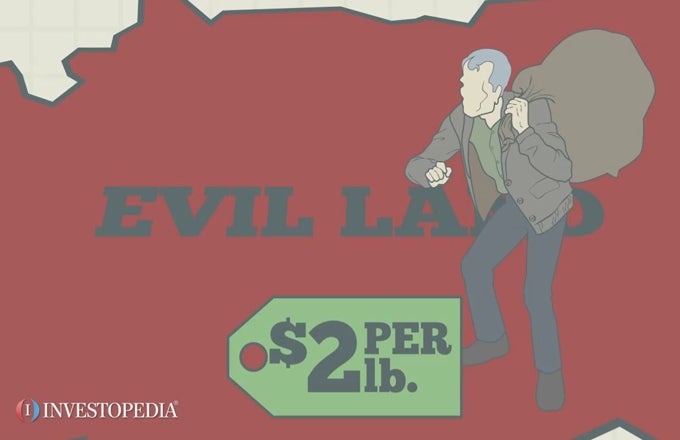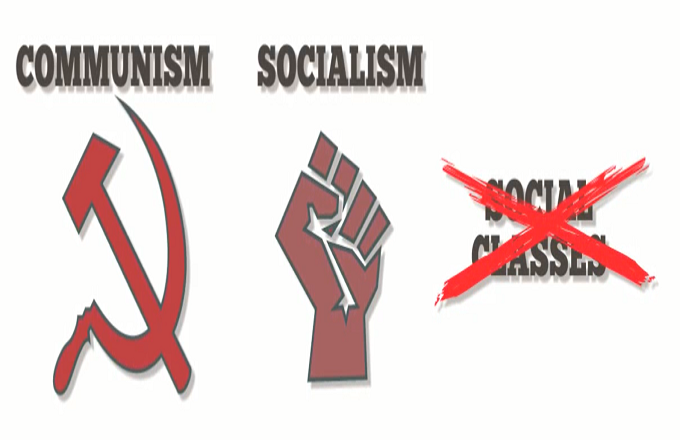Socialism is an economic and political system based on the public ownership of the means of production.Those means include the machinery, tools and factories used to produce goods that aim to directly satisfy human needs. Socialists contend that shared ownership of resources and central planning provide a more equal distribution of goods and services. A worker’s value comes from the amount of time she works, not in the value of what she produces. Individuals are dependent on the state for everything from food to healthcare. In a capitalist economy, the laws of supply and demand determine prices. For example, if demand for coffee increases, a coffee-selling business will boost prices to boost profits. If demand for tea decreases, prices will fall and production will decline, and some suppliers may even exit the business. In a socialist system, the government determines output and pricing levels. If there’s a surplus of a good, like coffee, it’s up to the government to cut prices to a level that avoids inefficiencies. Proponents say socialism creates equality and provides security, while capitalism exploits workers for the benefit of the wealthy. Critics say socialism is based on faulty principles and ignores human nature. Most capitalist economies have some socialist aspects – for example, the U.S. has Social Security. Purely socialist governments in Czechoslovakia, East Germany and the USSR were overthrown in recent decades.





